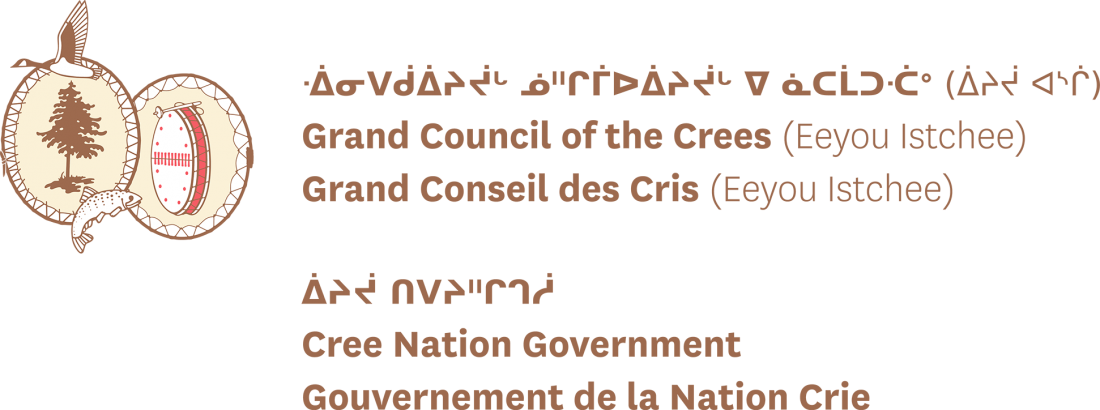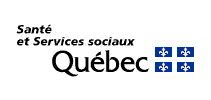Cannabis
Cannabis (weed) is a psychotropic drug that affects the brain and can change your mood, how you think, your awareness or your behaviour.
Weed comes from the cannabis plant that contains active chemical compounds including THC and CBD. To feel its effects, cannabis is smoked or taken orally (tinctures, oils, edibles, beverages).
People use cannabis for many reasons. Its effects can vary greatly from one person to the next, and using it can have profound effects on your mental health.
People who are predisposed to mental health conditions should be cautious about using cannabis, as it can worsen, or trigger negative mental health situations.
Cannabis has been legal in Canada since October 2018. The only legal way to buy cannabis in Quebec is through the Société québécoise du cannabis (SQDC). Legal cannabis products must meet strict federal regulations.
Illegal street cannabis is still sold and consumed, with higher risks. There is a reported increase in contaminated street weed mixed with dangerous substances (for example, fentanyl). People who use cannabis are encouraged to get it from trusted, legal sources.
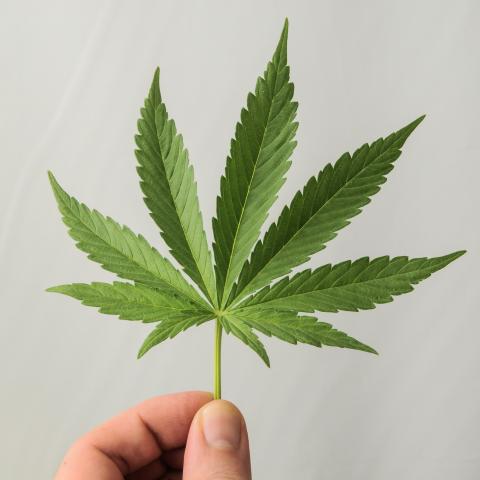
Did you know?
Cannabis is an indigenous plant in parts of South, Central and Eastern Asia, but is grown and cultivated in almost all parts of the world. While cannabis has been legal in Canada since 2018, it is still an illegal or illicit substance in many other regions of the world.
How does cannabis affect me?
-
Cannabis can have different effects on people, depending on how you consume it and your your tolerance level.
-
Cannabis can have a different effect on you each time you use it.
-
Its effect also depends on the strain and chemical makeup of the plant source, how much THC and or CBD it contains.
Cannabis can cause impairment including:
-
Drowsiness
-
Delayed reaction and decision making-skills impaired
-
Inability to pay attention or concentrate
-
Impaired coordination
It is very important to avoid driving or operating machinery when using cannabis.
-
It can induce feelings of euphoria
-
It can also cause anxiety or panic attacks
-
It can induce psychosis, especially if you are predisposed to this condition:
-
A person may not be able to tell the difference between what is real and what is not.
-
They can develop hallucinations.
Long-term, frequent cannabis use can have both physical and mental health effects on a person.
-
Smoking of any kind can affect your lungs and heart
-
This includes having trouble breathing, or possibly damaging your heart
-
When young people use cannabis, it impacts brain development. This can lead to increased risks of ADHD, depression, anxiety and other mental health issues later in life
When someone uses cannabis for a long term, they can become dependent on it.
-
Stopping chronic cannabis use (“cold turkey”) may trigger uncomfortable symptoms
-
Chronic use can make anxiety and depression symptoms worse
-
Long-term use can lead to cannabis use disorder, and cannabinoid hyperemesis syndrome
-
While rare, it can have serious health consequences
-
Symptoms include frequent vomiting, abdominal pain or weight loss
How can I lower my risks with cannabis?
The best way to avoid any consequences linked to cannabis use is to not use it. If you do use cannabis, there are ways to help protect yourself.
Avoid products with high THC concentrations (higher than 20%)
Choose products with higher CBD concentration
Wait to use cannabis until you are 25 or older, when your brain is fully developed
Use it in an environment that feels safe and familiar to you
“Start low and go slow”. Use a small amount over a longer period of time
Wait until you feel the effects of a dose before taking another hit
Explore more
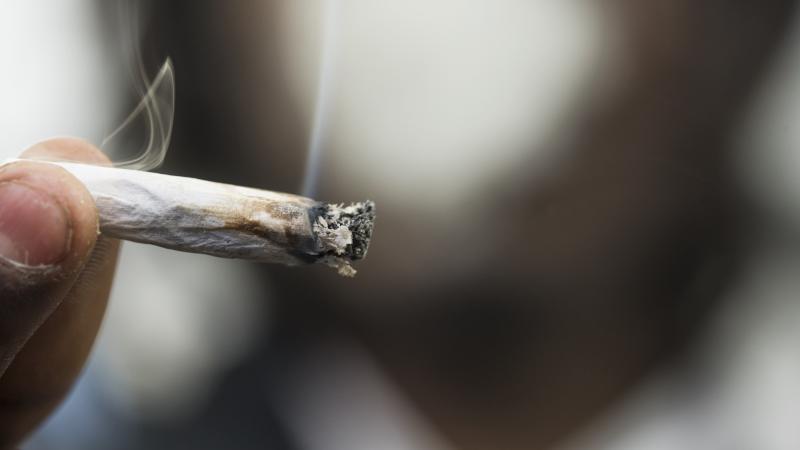
Using cannabis as a teenager can hurt a person’s school, work and social life.
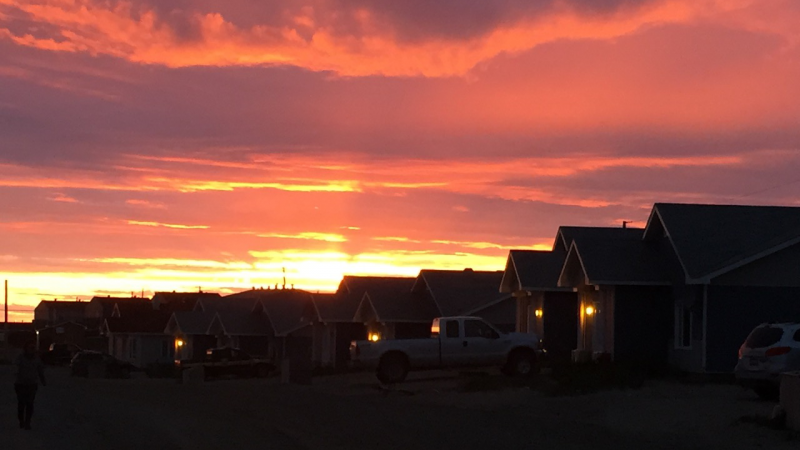
Anxiety is a body's natural reaction to a threat or a perceived threat.

NNADAP develops and runs prevention, intervention and aftercare activities to reduce or prevent alcohol and drug addiction in Eeyou Istchee.
